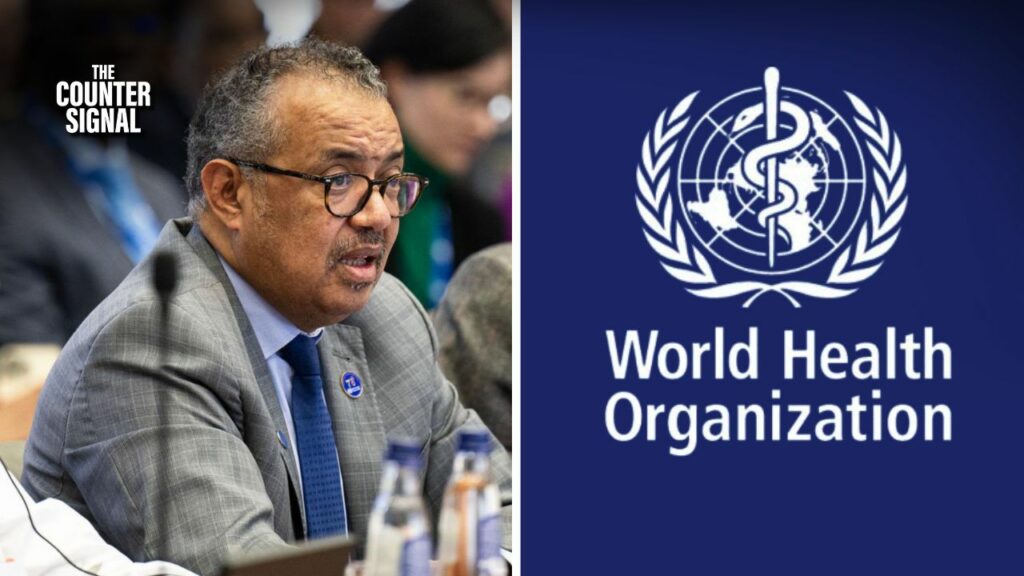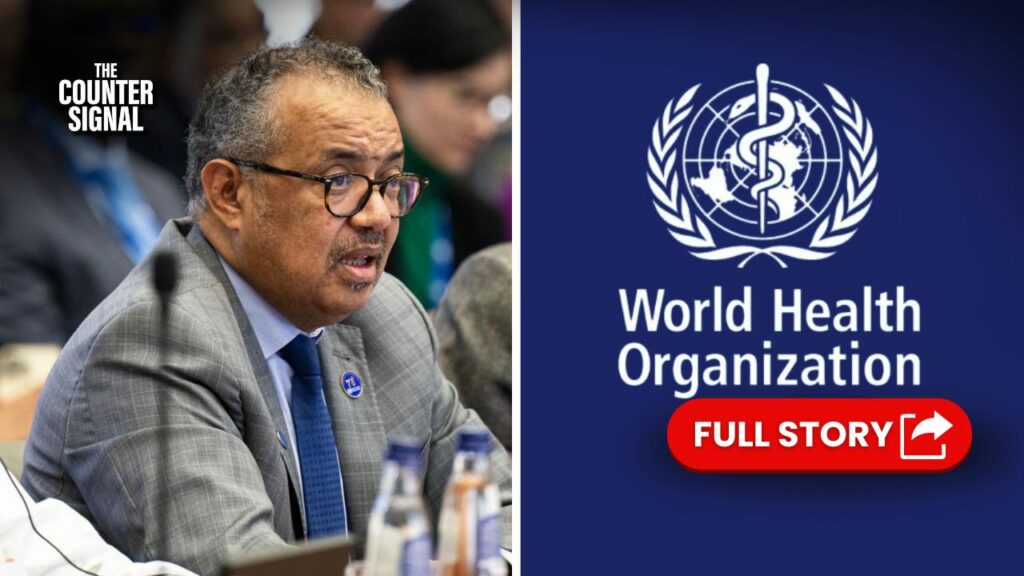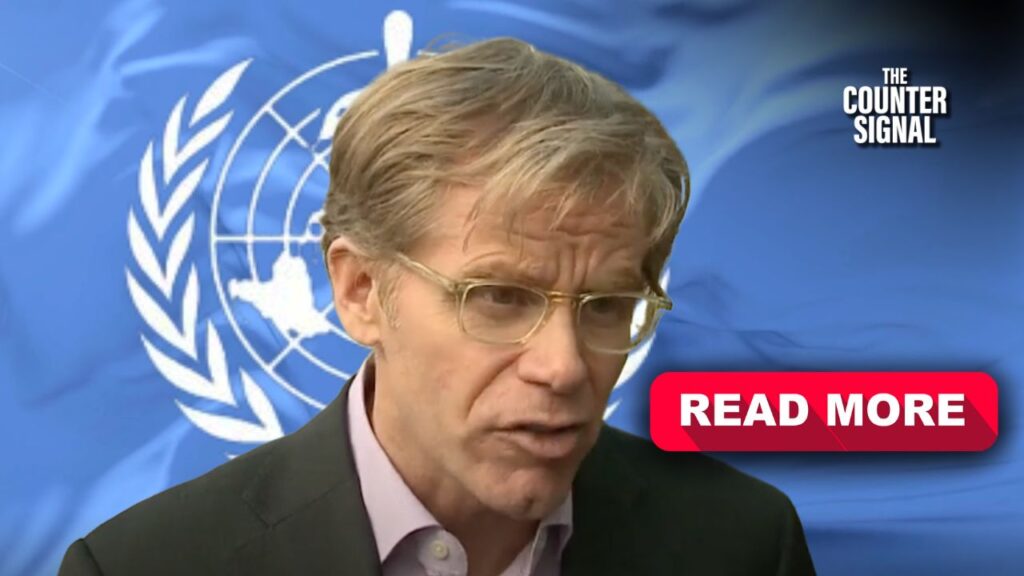The World Health Organization (WHO) has put out a call for countries to hurry up and finalize their terms of agreement for their unelected organization to start managing and help mitigate future health crises.

Since 2021, WHO member states including Canada have been negotiating international agreement terms for a WHO-led Pandemic Accord (or Treaty), which would be a legally binding agreement that is meant to help countries more effectively respond to global pandemics.
Critics, however, worry that the treaty will require countries to cede power to the unelected organization, something the WHO states is untrue.
The countries’ self-imposed deadline to achieve an agreement is May 2024 — and the WHO appears concerned they won’t reach it, highlighted by their press release on Thursday “urging accelerated progress” on their terms of agreement.
The WHO further mentioned a joint-letter signed by dozens of high profile political figures — mostly former leaders — that calls for negotiators “to redouble their efforts” to meet the “imminent deadline.”
“No one is safe anywhere until everyone is safe everywhere,” reads the joint-letter.
WHO calls criticism of Pandemic Treaty “wholly false”
The letter asks countries not to be manipulated by “malicious misinformation campaigning against the WHO.”
“This global effort is being threatened by misinformation and disinformation. Among the falsehoods circulating are allegations that the WHO intends to monitor people’s movements through digital passports; that it will take away the national sovereignty of countries; and that it will have the ability to deploy armed troops to enforce mandatory vaccinations and lockdowns. All of these claims are wholly false and governments must work to disavow them with clear facts.”
WHO greenlit for digital passports
While the WHO may not have an intention to monitor people’s movements through digital passports, they were last year given the greenlight to restrict them.
The WHO recently partnered with the European Union to create a globalized digital vaccine passport system for future pandemics. The development happened within a year after the White House, on behalf of all G20 countries, declared support for the WHO to facilitate universal vaccine passports, which would include digital proof of vaccinations.
Earlier this month, Edmonton protesters gathered outside a CTV building demanding coverage of the WHO’s plans for their legally binding global pandemic treaty.











